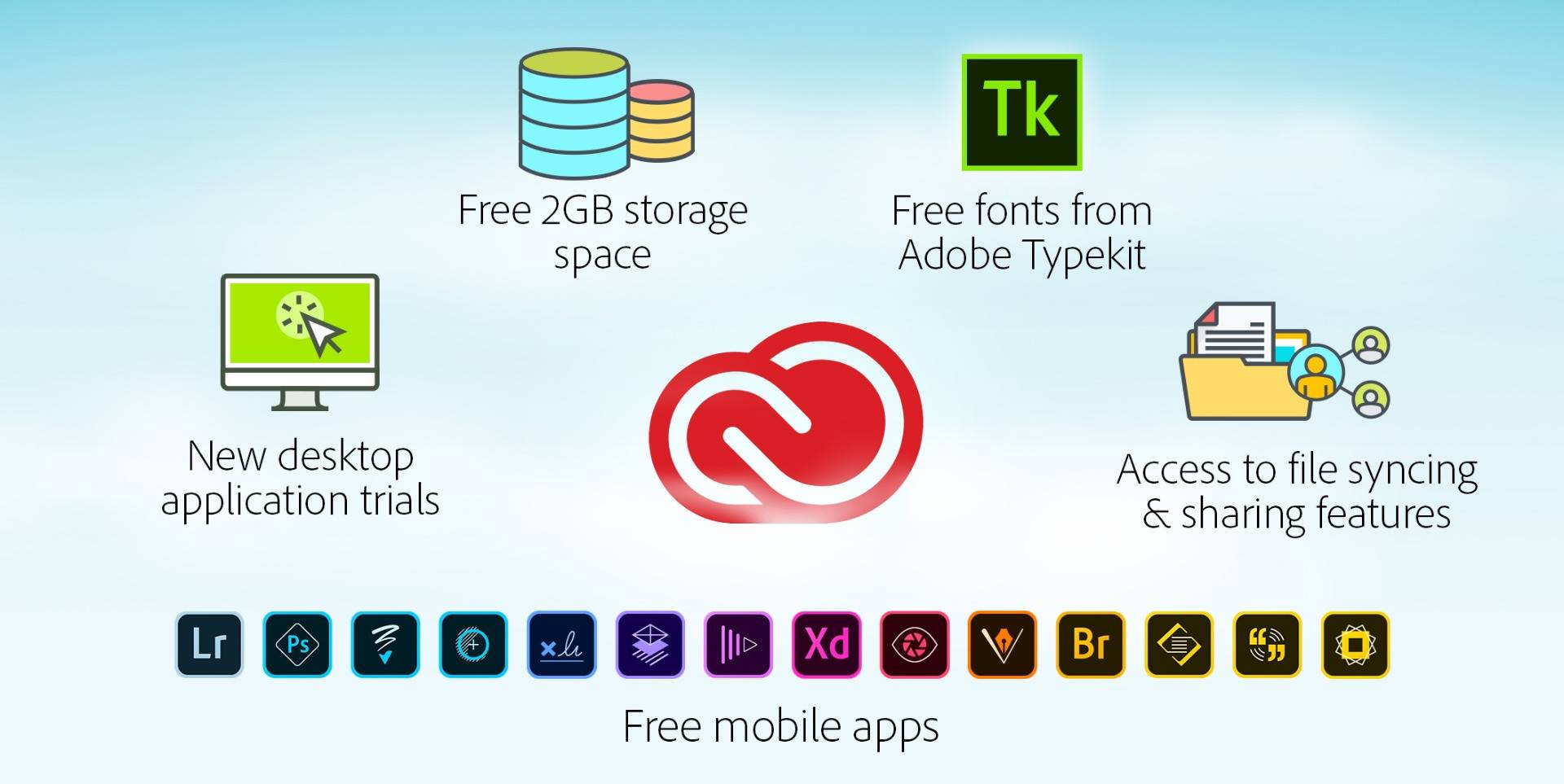
The biggest exception to what counts as business mileage is driving back and forth to your office or place of business-that’s considered commuting and can’t be written off anywhere. Anytime you drive somewhere for your business-be it a business trip, a delivery, a meeting with a client or investor-make sure you’re tracking the miles and keeping a log somewhere. Įither way, you’ll need to keep track of your miles (if you’re writing off the individual expenses, you’ll need your business mileage and total mileage of the year to figure out what percentage of costs can be written off for business). If you use your car at all for business expenses, make sure you’re deducting a percentage of those costs from your taxes, either by keeping track of the individual expenses incurred (like gas, maintenance, and even depreciation), or using the IRS’ standard mileage deduction - which is 58.5 cents per mile for 1/1 through and 62.5 cents per mile for 7/1 through. Or you could go the easy route and use the simplified deduction, multiplying the square feet of your home used for business by $5 to get your deduction amount. The more complex way is to figure out the percentage of your home that is used for business and then calculate your home costs-like rent or mortgage, utilities, insurance, and repairs-by that percentage. If you have a space in your home that’s dedicated to specifically to your work-like a room that serves as an office or even a desk in the corner of your bedroom-you can deduct a portion of your home costs as part of your business expenses.

Food and entertainment costs for promotional events.Paying for a listing or promoted listing (like on Yelp or Etsy).Any swag with your company name or logo on it.Business cards, postcards, flyers, other printed materials promoting your business.Email marketing costs (like upgrading to paid MailChimp).The costs of building and maintaining a website.Any type of ad you can think of (social media, Google, podcast, ads in print or digital publications, billboards, commercials, subway ads, retrofitting your car with an ad-you name it).These expenses can add up fast, so make sure you’re accounting for everything.Ĭommon expenses in this category for small business owners include: The money you put into getting your business out there can be deducted in full-after all, how could your business be expected to succeed without a little promotion. Many of the popular accounting softwares-like Wave, Freshbooks, and Quickbooks-have integrated expense tracking with apps so you can easily keep track of things on the go.

#Adobe creative cloud subscription tax category software#
As far as tracking all of this, I strongly recommend having separate business banking and credit card accounts so you can easily look down the list and make sure you’ve deducting everything, and also using expense tracking software to keep snapshots of receipts in case you get audited (nobody has time to deal the clutter of paper receipts, but bank statements are not enough so you’ll definitely want a record of the receipts).


 0 kommentar(er)
0 kommentar(er)
